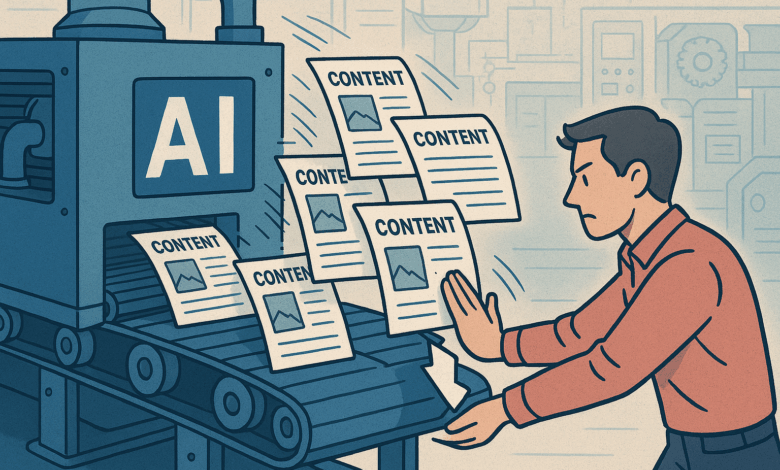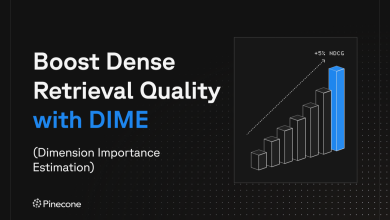
Artificial intelligence has reshaped the marketing landscape, offering tools that promise greater efficiency, personalization, and insight. But beneath the hype, AI’s real-world impact often falls short of expectations. Why? Because while AI is powerful, it’s only as effective as the strategy behind it.
With decades of experience in marketing and AI development, I have witnessed both the potential and pitfalls of AI integration: sleek campaigns generated quickly, but often failing to align with brand goals, audiences, or business needs. In this guide, I’ll break down the most common pitfalls and how to use AI strategically, not blindly.
Strategy First, Automation Second
A common misconception is that AI can replace strategy. It can’t—and it shouldn’t. AI doesn’t understand your business goals, market pressures or brand identity better than you do unless you explicitly tell it. Expecting it to “just know” leads to flashy but directionless content.
Instead, start with the campaign purpose, not the tool. Are you building awareness, driving conversions, or boosting loyalty? Once you’ve identified what you want to accomplish, let AI help you get there more efficiently. From there, it can assist with everything from persona development to message testing, but without clear direction, you’re just automating guesswork.
Importance of Human Intervention
Some marketers fall into the trap of letting AI handle every aspect of a campaign without human intervention. AI is a tool, and like any tool, it performs best when used by someone with a plan. The most successful AI-powered campaigns come from marketers who stay involved in the process. AI should be your creative collaborator, not your creative director.
Credibility Over Convenience
One of AI’s greatest risks is its ability to easily mimic credibility. Marketers often take AI’s first draft at face value, assuming speed equals success. But without human review, that content might miss the target audience, misrepresent the brand, or promote the wrong product. In some cases, it even publishes factually incorrect information, damaging credibility instead of building it.
The content needs to capture your business’s personality, present all the facts accurately, and provide a call to action that aligns with your business’s goals and capabilities. If the content doesn’t reflect your business’s brand voice, values, and goals, it won’t drive the right results.
To avoid this:
● Stay involved: Human oversight ensures that outputs align with the brand’s voice and intent.
● Refine relentlessly: Great marketing is iterative—AI is just the first draft.
● Test and verify: What looks good on screen may not resonate in the market.
Structured Input = Smarter Output
Most general-purpose chatbots, such as ChatGPT, Claude, or Gemini, can generate marketing copy. But unless you’re a seasoned marketer with advanced prompting skills and a lot of time for iteration, the output often misses the mark.
When creating your AI inputs, consider the key aspects of your brand’s identity, including and expanding on your brand promise, voice, target audience, and goals. For instance, don’t just describe the target demographic—consider their aspirations, pain points, and motivations as well. The more specific you get in the prompt, the better your output will be. AI thrives on clarity and specificity.
The Bottom Line
When used strategically, AI enables marketers to perform their jobs more efficiently and effectively. It guides them to think more deeply about their brand, audience, and message. It allows personalization at scale without sacrificing quality. It provides small and mid-sized businesses with access to marketing capabilities once reserved for enterprise teams.
But the key is intention. AI is only transformative when guided by human insight and quality control. It doesn’t replace thinking; it rewards it. While AI may write the draft, humans still write the story.
Looking ahead, we can expect AI to become even more adept at understanding the nuances of human behavior, allowing for even more targeted and personalized marketing campaigns. As AI technology continues to evolve, marketers must stay adaptable and keep human insight at the center of their strategies. This evolution should be seen as an opportunity, not a threat, as it promises to make marketing even more effective and personalized.



